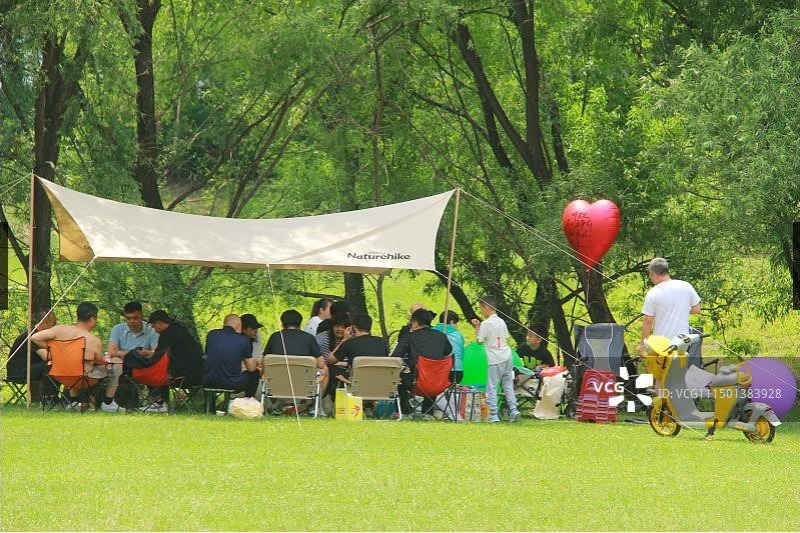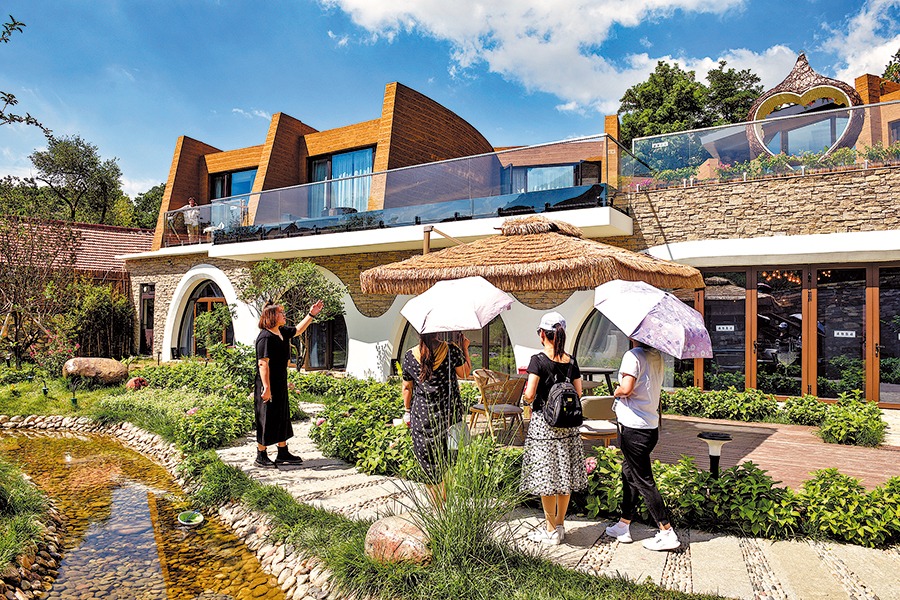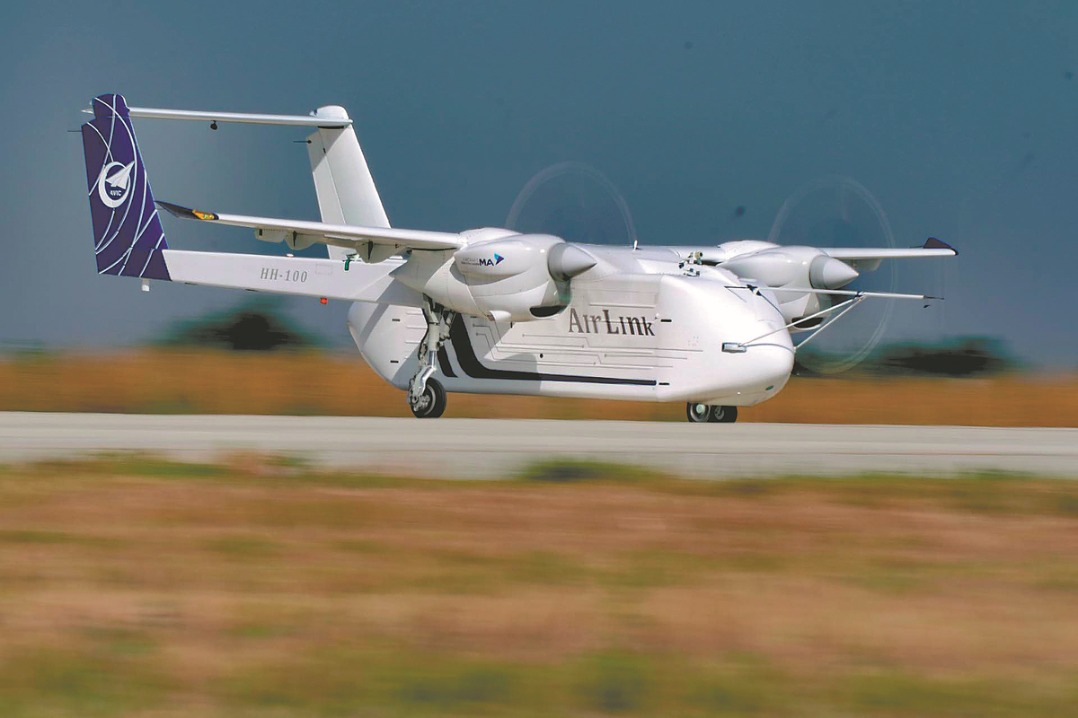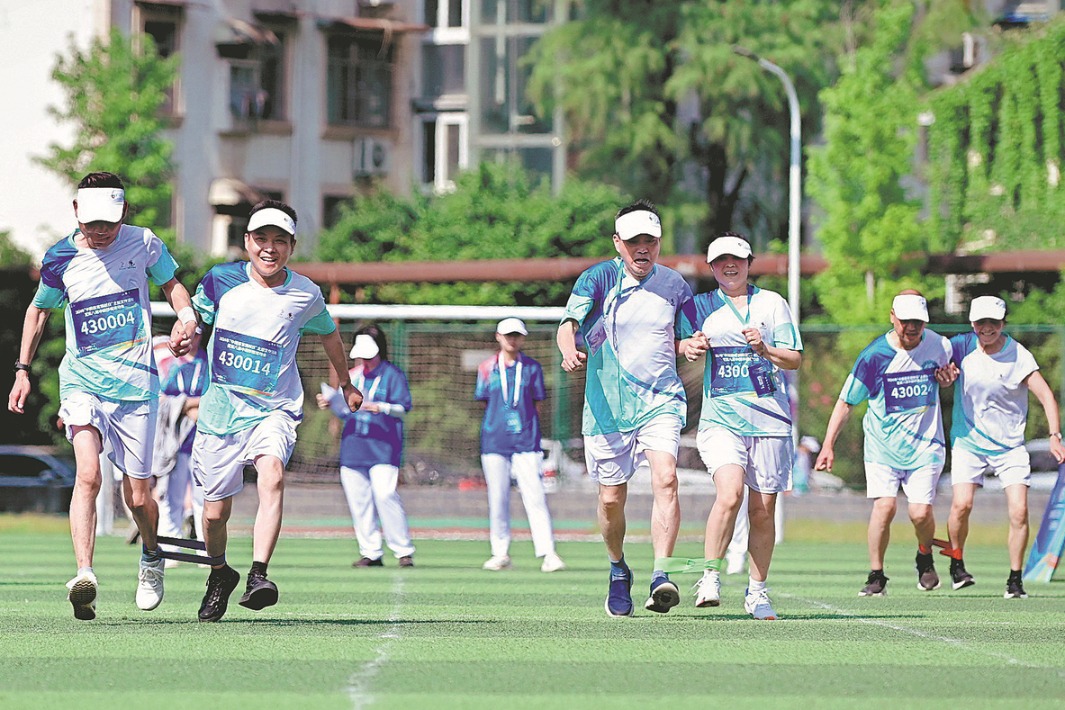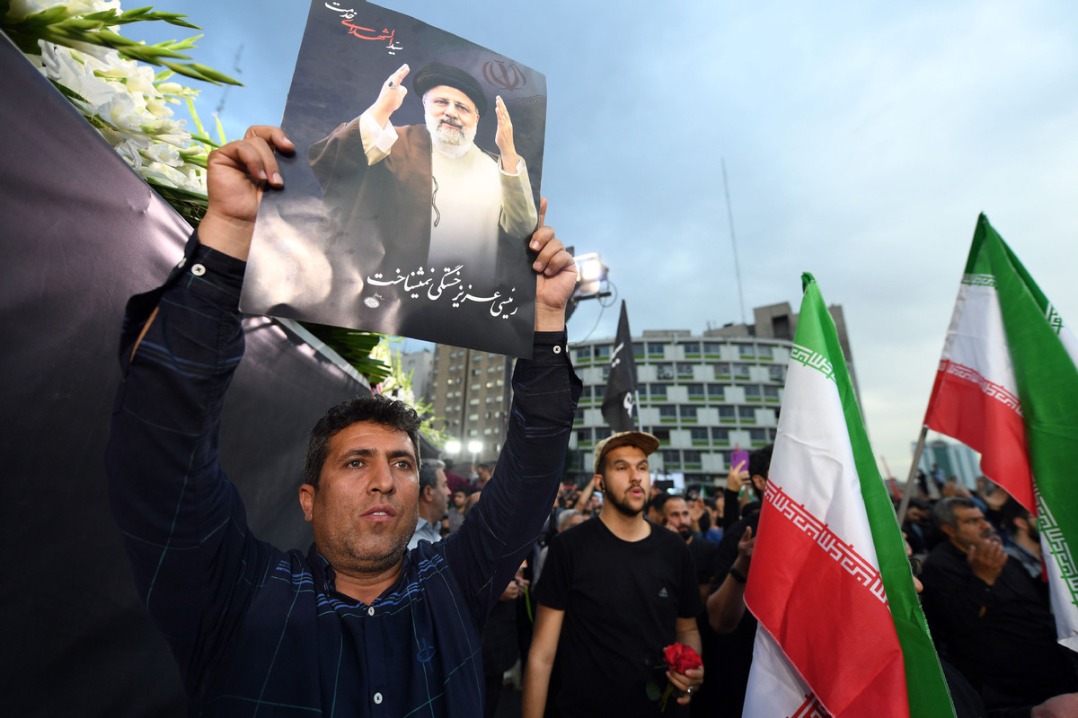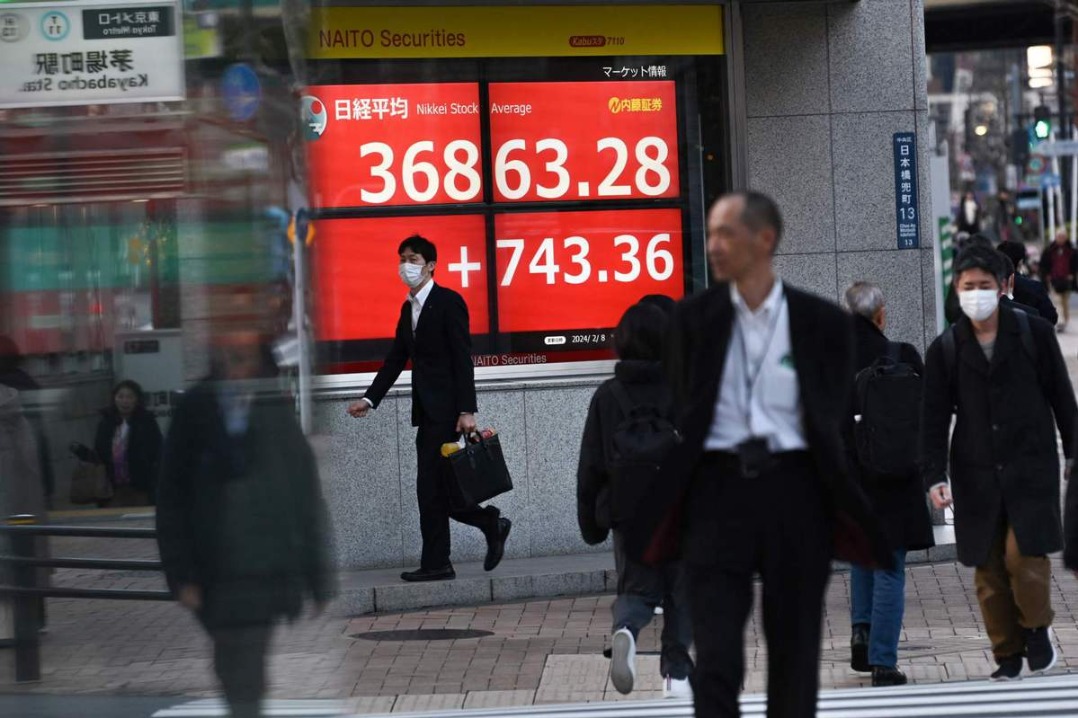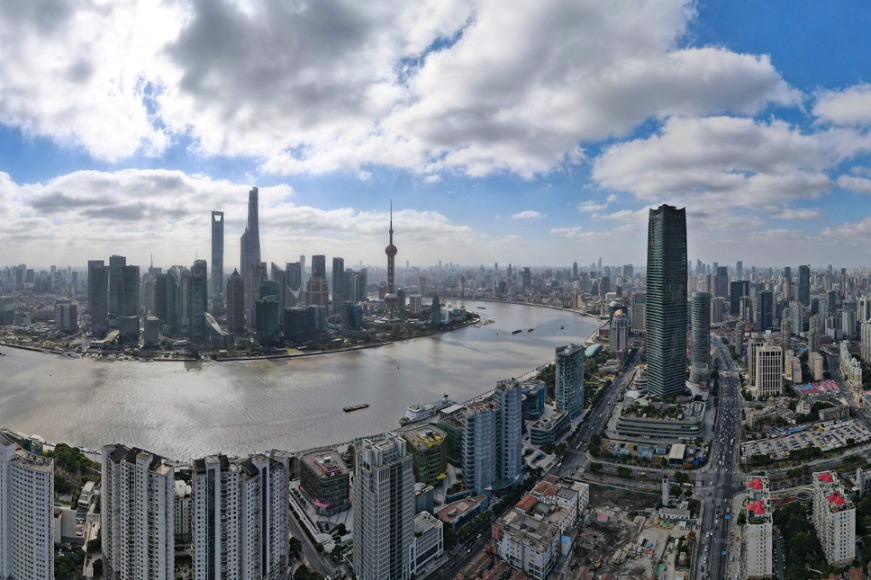Iran remains an important regional player


As Iran gears up for the snap presidential election following the tragic death of President Ebrahim Raisi in a helicopter crash last month, how will its foreign policy toward key countries in the region and beyond evolve? This question merits special attention, given the imminent change of guard in Iran.
To begin with, Iran's relations with the United States remain fraught, and may continue to be so in the near future. Iran is likely to adopt a principled approach to negotiations on a possible nuclear deal, but the US' unwarranted sanctions could prevent the two sides from reaching common ground. As such, negotiations on a new nuclear deal cannot possibly progress without the help of third parties.
The US' open support for Israel's brutal assault on the Gaza Strip is another major point of friction between Teheran and Washington. Israel's incessant attack on Gaza has also made it more difficult to negotiate a cease-fire in the Israel-Palestine conflict and resolve the Palestine question. And vocal criticism of Israel, given the US' financial support and weapons supply to Israel, could further dampen the chances of bringing the conflict to an end.
In such a situation, lifting of the US' sanctions against, and respecting the sovereignty of, Iran could help drive the negotiations on a new nuclear deal forward, but in the lead-up to the US presidential election there is little prospect for that. After all, both US President Joe Biden and his Republican challenger Donald Trump look set to adopt a hard-line approach toward the US' perceived adversaries such as Iran in order to garner the support of the hawkish elements in their constituencies.
On the other hand, despite the election of a new president, Iran's relationship with Saudi Arabia will continue to improve. Saudi Arabia and Iran agreed to restore diplomatic relations after seven years after China brokered a rapprochement between the two Middle East countries last year. Teheran is likely to use late president Raisi's "neighbors first" policy to further improve relations with Riyadh, not least because the policy will help it expand its relations with other Arab countries, and facilitate the opening up of its economy. And the two countries' mutual desire to prevent any spillover from the Israel-Palestine conflict to affect their relations with neighbors will drive Iran-Saudi Arabia relations forward.
As for Iran's relations with China, they are set to move from strength to strength. Both sides are already on track to invest in their landmark 25-year comprehensive cooperation plan signed in 2021, after having worked to strengthen the plan's operational mechanism during Raisi's tenure. Also, the Israel-Palestine conflict has underscored the importance of Iran's continued engagement with the Belt and Road Initiative to improve connectivity and pursue high-quality, long-term development.
China and Iran have strengthened cooperation in various sectors, including agriculture, trade, tourism, environmental protection, healthcare, disaster relief and culture. In fact, it is in the best interest of both sides to maintain that relationship regardless of the changes in the international situation.
In 2023, the Sino-Iranian trade volume was $14.65 billion. Bilateral trade has been declining because of the US sanctions.
While China-Iran relations are centered on trade and the two sides are trying to boost bilateral trade, Iran-Pakistan ties can benefit from cooperation in the fight against terrorism. Frequent terrorist attacks and rising threat perceptions this year have consolidated Pakistan's resolve to rein in terrorist groups such as Jaishal-Adl and the Balochistan Liberation Army. In this context, Raisi's landmark visit to Pakistan earlier this year emphasized the importance of Iran-Pakistan political, military and security cooperation to fulfill their counter-terrorism objectives. The use of foreign bases by terrorist groups to launch devastating terror attacks makes Iran-Pakistan cooperation a critical factor in restoring stability in the region.
Similarly, Iran remains an important player, along with Russia, China and Pakistan, in helping create the right conditions for Afghanistan to address its intertwined challenges and improve its economy.
In sum, Iran's relationships with countries in the region will play an important role in promoting peace and development, and safeguarding security. And it is likely to adopt a more cautious approach to any talks with the US to finalize a new nuclear deal.
The author, a Fulbright scholar at the University of Maryland and a former assistant researcher at the Islamabad Policy Research Institute, is a foreign affairs commentator.
The views don't necessarily represent those of China Daily.
If you have a specific expertise, or would like to share your thought about our stories, then send us your writings at opinion@chinadaily.com.cn, and comment@chinadaily.com.cn.
















